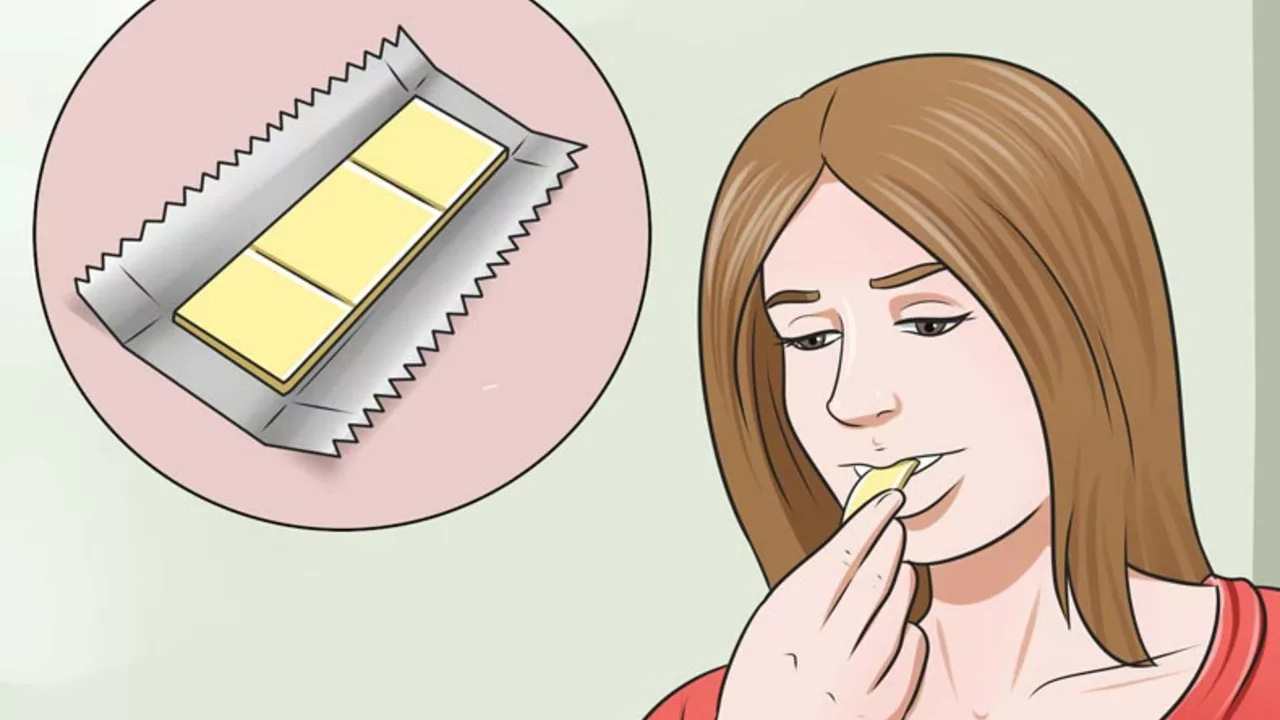Menopause Basics – What You Need to Know Right Now
If you’ve heard the word “menopause” and feel a bit lost, you’re not alone. It’s simply the time when your ovaries stop making most of the hormones that control periods. This shift usually happens between ages 45 and 55, but it can start earlier or later.
What’s really happening inside your body?
When estrogen levels drop, you may notice hot flashes, night sweats, mood swings, or trouble sleeping. Some people also get dry skin, thinner hair, or a slower metabolism. All of these are normal reactions to the hormone change, not signs of something broken.
The good news is that most symptoms ease after a few years. In the meantime, small changes can make a big difference. Staying active, eating balanced meals, and getting enough rest are the first three things you can control.
How to feel better now – simple tips that work
1. Dress for hot flashes. Light layers let you pull something on or off fast. A fan in your bedroom can also cut night sweats.
2. Move daily. Even a 20‑minute walk releases endorphins that calm mood swings and protect bone health.
3. Watch what you eat. Cut back on caffeine, alcohol, and spicy foods if they trigger heat waves. Add calcium‑rich foods like yogurt or leafy greens to keep bones strong.
4. Try stress‑busting tricks. Deep breathing, short meditation sessions, or a hobby you love can lower anxiety that often spikes during this phase.
5. Talk to your doctor about safe treatments. Low‑dose hormonal therapy, non‑hormonal prescription meds, or natural supplements such as black cohosh may help. Your doctor can match the right option to your health profile.
If you’re looking for more detailed advice, our site has dozens of articles that break down each symptom and treatment step‑by‑step. From how to pick the best sleep mask for night sweats to choosing a bone‑strengthening supplement, we’ve got practical answers.
Remember, menopause is just another life stage—not a disease. With the right info and a few lifestyle tweaks, you can keep feeling energetic and in control.
Explore our latest posts on menopause below and find the specific guidance you need today.
Dry Mouth and Menopause: What to Expect and How to Cope
In my recent post, I discussed the common yet often overlooked symptom of menopause - dry mouth. The hormonal changes during menopause can often lead to decreased saliva production, causing discomfort and other oral health issues. I also explored various ways to manage this condition, such as staying hydrated, using saliva substitutes, and maintaining good oral hygiene. Furthermore, I highlighted the importance of regular dental check-ups for early detection and prevention. It's essential to understand what to expect during menopause and how to effectively cope with its symptoms.

